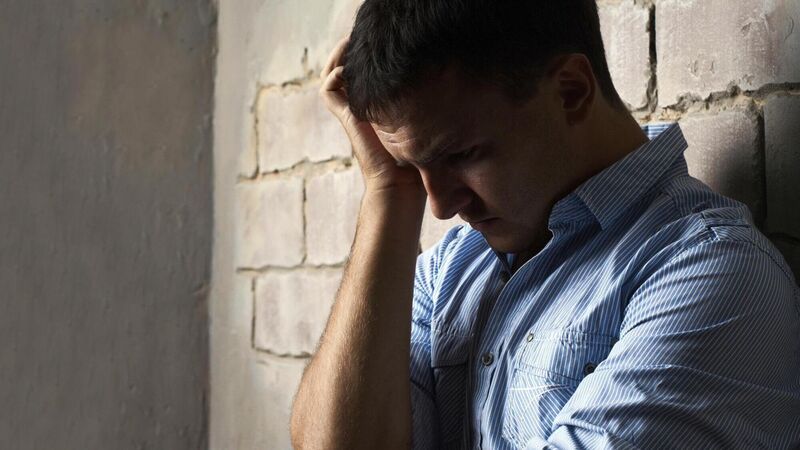Survey finds high prevalence of self-stigma around mental health difficulties in Ireland

Men and those over 55 are less likely to report experiences of mental health difficulties
New research has revealed Irish people are more likely to treat loved ones experiencing mental health difficulties with compassion than themselves.
An annual attitudes survey for St Patrick's Mental Health Services, found 22% of us would consider seeking treatment for ourselves a sign of weakness - compared to just 9% if others did.









